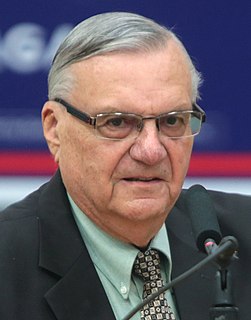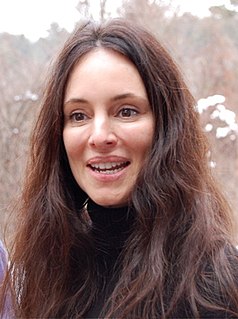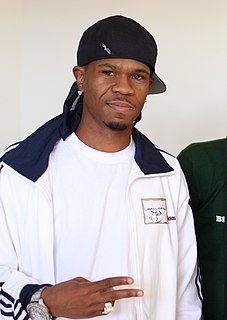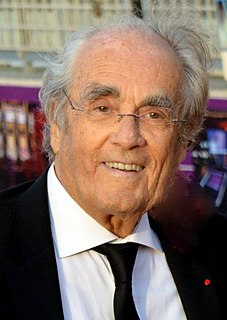A Quote by Skeet Ulrich
Because of the need to remove all modernism, we stayed in the middle of nowhere all day long, living out of tents. It was cold. It definitely set the scene.
Related Quotes
You go to London, you see a TV set in every cell and the sign up that all the officers must treat prisoners with dignity. What about your dedicated soldiers that have helped fight in Afghanistan and Iraq? They're living in tents and our soldiers are living in tents. So it's OK for soldiers to live in tents, in hot tents, but it's wrong for inmates?
I like to shoot scenes where I can see the beginning, middle and end of the entire scene. But, when you edit a movie together, you can just cut right into the middle. You don't need to see them walk into the room and put their jacket on the chair. There's always a lot of shoe leather that you can remove.
The moment in the account of Adam and Eve in the book of Genesis is when they realize they're naked and try and cover themselves with fig leaves. That seemed to me a perfect allegory of what happened in the 20th century with regard to literary modernism. Literary modernism grew out of a sense that, “Oh my god! I'm telling a story! Oh, that can't be the case, because I'm a clever person. I'm a literary person! What am I going to do to distinguish myself?...a lot of modernism does seem to come out of a fear of being thought an ordinary storyteller.
I don't work all day, every day on 'Rizzoli & Isles,' but I work every day. It may be a scene or two, or it may be an enormous workload, but there's really not a lot of room for anything else, and that's the choice I made. And that's why I stayed away from TV before: Because I know that that's what it is.
The craziest place I've probably ever visited while filming would have to be Jordan. I did a small test shoot for a test movie. We arrived in Jordan, and we stayed in Amman for a night. Then we drove down for three hours into the middle of the Wadi Rum Desert, which is in the absolute middle of nowhere. It was insane.
When I was in Afghanistan in 2007, I went from village to village where refugees had returned, and they were living out in the open under tents, sometimes completely exposed to the environment. And they were homeless, which meant they would lose children in the winter to the cold and in the summers in the extreme heat. It's extremely humiliating for them to be homeless, culturally it's very shameful.




































